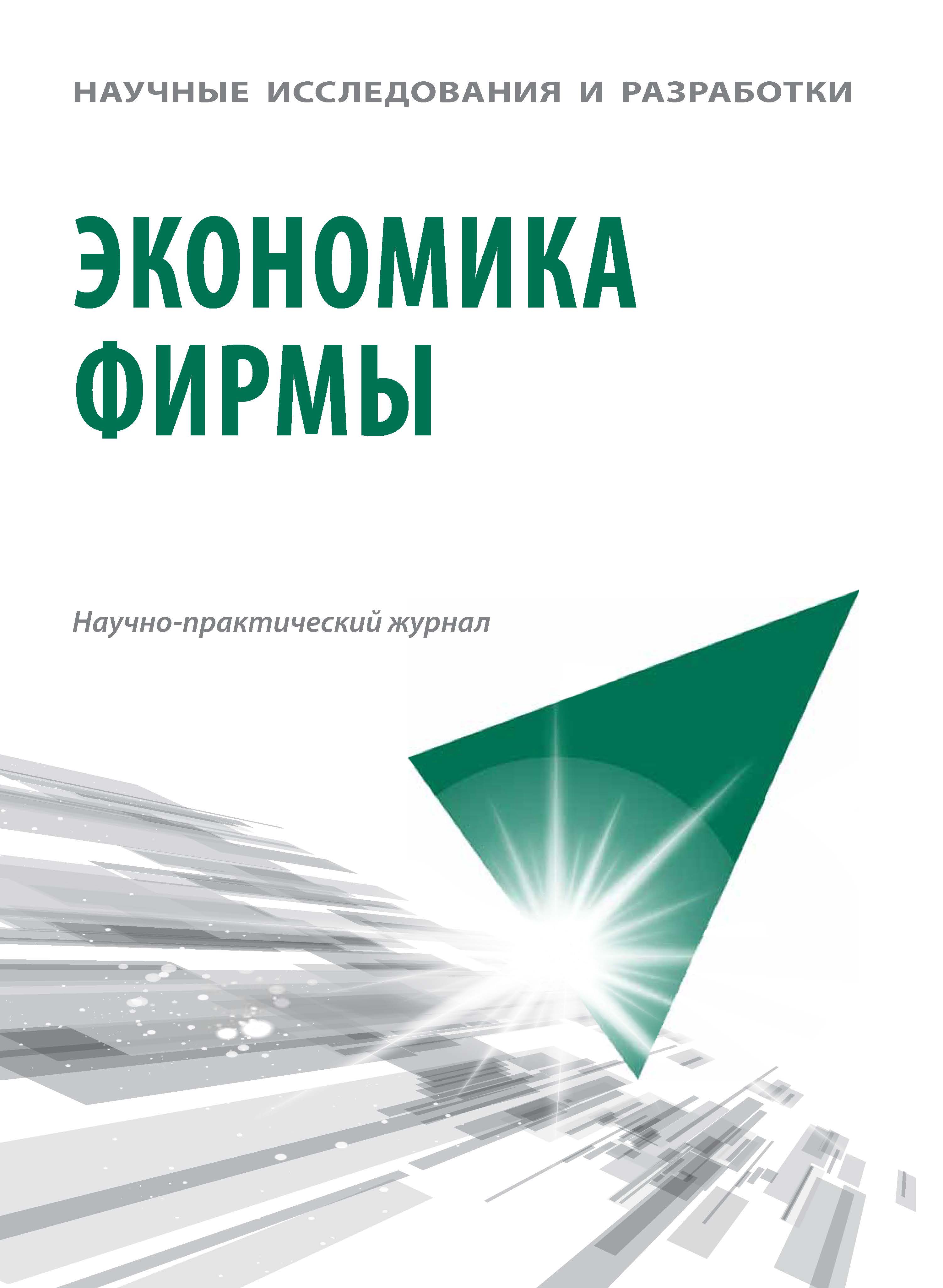Russian Federation
Moskva, Moscow, Russian Federation
Moscow, Russian Federation
Russian Federation
Many functions of customs are related to the movement of goods across borders, which provides a wide range of multifaceted interstate cooperation. Given that these business relationships have cross-border characteristics and operate in the area of foreign trade interests, it is clear that tariff relationships cannot be governed by one state. The customs structure is an integral part of an integrated hierarchical system of national regulation of foreign economic processes, which regulates the complexity of the required information and documentation and provides supervision of cross-border management. At the same time, in recent years, customs services, along with traditional organizations of work in the field of cross-border business management and taxation, have increasingly introduced many customs services that can be interpreted as special forms of public services. The customs department faces new challenges in the context of closely related individual segments of the world's business areas and the globalization of economic processes, which contributes to the logistics development of cross-border business in all respects. It should be borne in mind that the regulation of the trade process is inevitable in the context of changes in global economic systems that affect both the export and import of certain goods. These situations determine the high urgency of the problem, and can be resolved through a compromise between liberal and protectionist solutions.
customs and logistics system, logistics focus, logistics activities, near-customs services, logistics
1. Adamov N.A., Jellarjan A.S. Konceptual'nye aspekty razvitija nacional'noj transportno-logisticheskoj sistemy [Conceptual aspects of the development of the national transport and logistics system]. RISK [RISK]. 2013, I. 3. EDN: https://elibrary.ru/TLQDOL
2. Bryncev A.N. Logistika i prodvizhenie tovara [Logistics and product promotion]. RISK [RISK]. 2013, I. 4, pp. 48-50. EDN: https://elibrary.ru/RUSMED
3. Makrusev V.V., Suglobov A.E. Tamozhennyj menedzhment [Customs management]. Moscow: «Dashkov i K» Publ., 2018. 348 p. EDN: https://elibrary.ru/ZNABXH
4. Morgunov V.I., Morgunov S.V. Mezhdunarodnyj marketing [International Marketing]. Moscow: «Dashkov i K» Publ., 2014. 184 p.
5. Rossija v cifrah [Russia in numbers]. Rosstat [Rosstat]. Moscow, 2018 522 p.
6. Semenov N.N., Garnov A.P. Osobennosti i zadachi regional'nogo upravlenija otechestvennoj biznes-sferoj s uchetom racional'nyh zarubezhnyh podhodov [Features and tasks of regional management of the domestic business sector, taking into account rational foreign approaches]. RISK: Resursy. Informacija. Snabzhenie. Konkurencija [RISK: Resources. Information. Supply. Competition]. 2012, I. 1, pp. 249-253. EDN: https://elibrary.ru/OZQMHF
7. Stahanov D.V., Stahanov V.N. Tamozhennaja logistika [Customs logistics]. Moscow: PRIOR Publ., 2001. 96 p.
8. Stok Dzh.R., Lambert D.M. Strategicheskoe upravlenie logistikoj [Strategic logistics management]. Moscow: INFRA-M Publ., 2005. 797 p. EDN: https://elibrary.ru/QQIHTN
9. Sulejmanov Z.Je. Logisticheskoe upravlenie transgranichnymi biznes-processami [Logistic management of cross-border business processes]. Moscow: «ITKOR» Publ., 2017. 148 p.
10. Sulejmanov Z.Je. Makrojekonomicheskie aspekty tamozhenno-logisticheskoj dejatel'nosti [Macroeconomic aspects of customs and logistics activities]. Voprosy regional'noj jekonomiki [Questions of regional economics]. 2017, I. 3, pp. 83-88. EDN: https://elibrary.ru/ZJSRRN
11. Sulejmanov Z.Je. Logisticheski orientirovannoe izmenenie celevyh orientirov tamozhennogo dela [Logistically oriented change of target landmarks of customs]. RISK [RISK]. 2018, I. 2, pp. 12-14. EDN: https://elibrary.ru/XSCDCP
12. Sulejmanov Z.Je. Problemy razvitija gosudarstvenno-chastnogo partnerstva v tamozhenno-logisticheskoj sfere [Problems of the development of public-private partnership in the customs and logistics sphere]. Tamozhennoe delo [Customs]. 2018, I. 4, pp. 19-21. EDN: https://elibrary.ru/YONYRV






